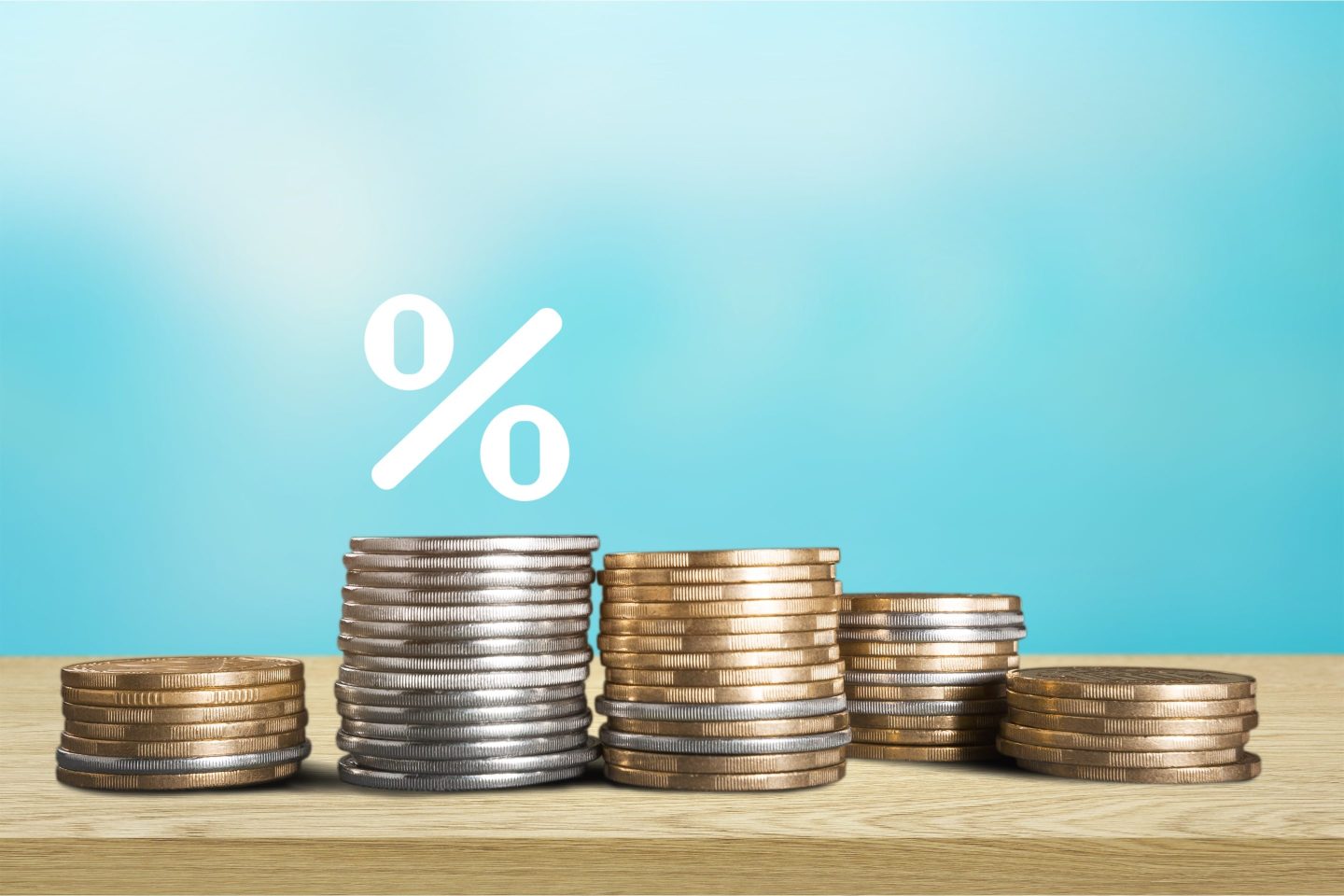It’s only been a few years since card payments overtook using cash. This year, cash ranked as the third-most-used payment method, behind credit and debit cards, according to the Federal Reserve Financial Service’s 2025 Diary of Consumer Payment Choice.
And Gen Zers are leading the charge in ditching paper for plastic. Results from a Cash App/Harris Poll survey released Thursday shows more than half of Gen Z only uses cash as a “last resort” when paying, and almost a third said people who pay with cash are either “out of touch” or “cringe.” The Harris Poll surveyed more than 2,000 U.S. Adults for Cash App from Sept. 25-29.
Some Gen Zers are so against using cash they’ll forgo shopping from stores that are cash only, according to a 2024 Gen Z Reddit forum.
“I do not carry my wallet with me anymore and carry my ID in my phone case. I use Apple Pay for everything,” one user wrote. “The few times I have even stood at an ATM in the past few months I have been harassed by people begging for me to withdraw cash for them, so I don’t like the hassle of withdrawing money anymore.”
Other younger-generation consumers say there’s really no advantage to using cash and complain that getting some wastes time.
“Why would I go to an ATM, take out cash, use that to pay, and make a note myself of what I used that cash for when I could just swipe a card?” One LinkedIn user asked while commenting on coverage of the Cash App report.
Of the 48 payments per month U.S. Consumers make on average, just seven are cash, according to the Federal Reserve Financial Service study. That suggests “cash usage may have reached a baseline,” Kathleen Young, executive vice president and chief of FedCash Services, said in a statement. To be sure, cash still “maintains relevance due to [its] ubiquity, accessibility and resilience,” she added.
Gen Z spending habits
Not only have debit and credit card payments become more popular with Gen Z, but so have buy-now, pay-later (BNPL) services. Yet another alternative to cash, these services like Klarna, Affirm, and PayPal’s “Pay in 4” act somewhat like credit, allowing users to pay for purchases in installments, typically with a no or low down payment. They’re especially appealing to consumers who have a poor credit history, or none at all, because these companies typically only perform a soft credit check in order to approve payment installments.
For example, Sabrina Rozza, 25, previously told Coins2Day’ s Preston Fore she used Afterpay to finance a $4,000 Dominican Republic vacation, which she called a “great alternative” to a credit card since she could make a down payment and gradually pay the rest off over the course of six months.
“It definitely helped with the budgeting. And in full transparency, at the time, I wasn’t making enough money to just pay it off on a credit card,” she said. “So it just gave me more of, like, more leniency to afford a vacation that I really wanted to go on.”
And a recent J.D. Power study shows just how popular BNPL is with the youngest generations: Nearly half (42%) of Gens Y and Z used BNPL versus 21% of consumers from other generations. But there’s an inherent risk in using these services, experts say, because consumers could end up lining up so many payment installments they go broke or go into debt, just like how credit card debt can snowball.
“We’re hearing story after story of people overextending themselves, juggling payments from various loan companies and banks,” Rebecca A. Carter, a LegalShield provider lawyer with Friedman, Framme & Thrush, said in a statement. “What many don’t realize is that if you aren’t disciplined about managing the payment schedules and budgeting, it can snowball quickly into a serious financial burden.”













